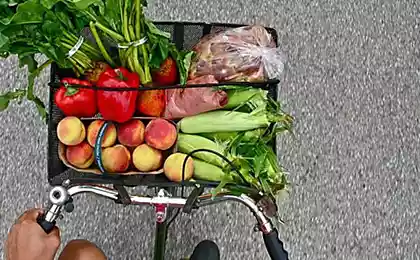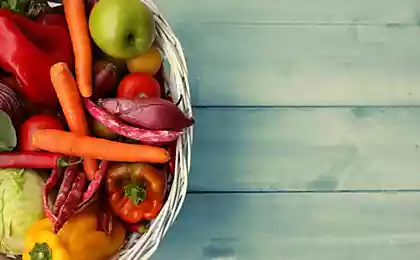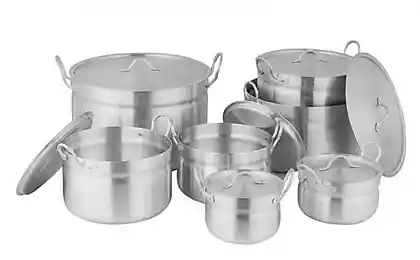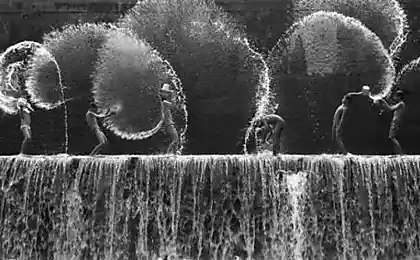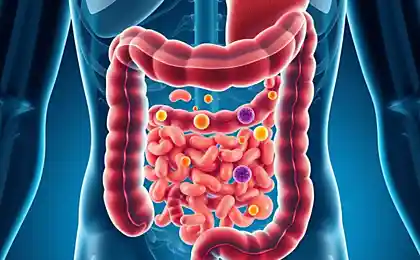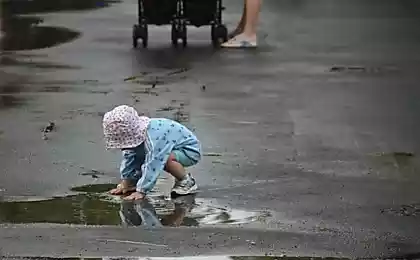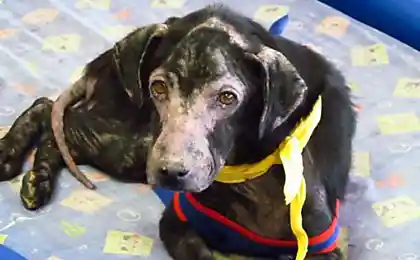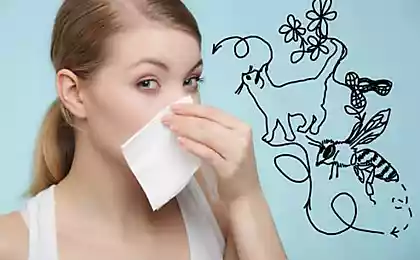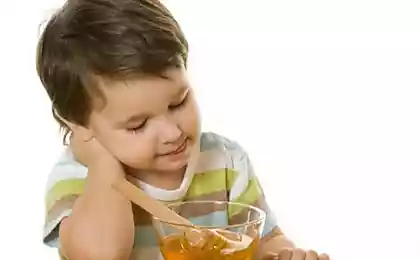233
Proper nutrition for allergies in children
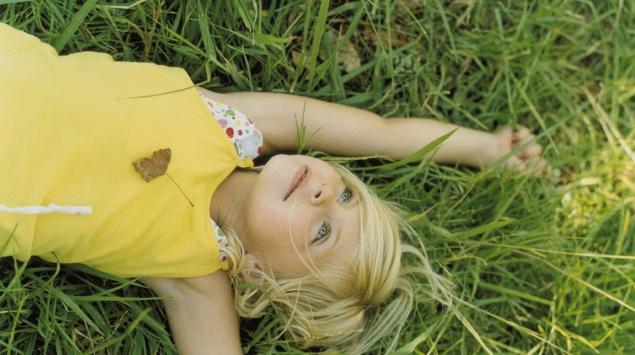
Surprisingly, not all spring is a cause for joy. Many children and adults are allergic to flowering, or hay fever. It turns out that in addition to medications, the course of a child's allergies can be affected by therapeutic nutrition.
Allergy to flowering is an allergy to pollen, from which it is practically impossible to hide in the spring, so pollinosis is not treated, but it is possible to alleviate its symptoms by stabilizing the condition and reducing the manifestation of the disease. One of the ways to alleviate the symptoms of allergies to flowering in children is a general adjustment of the diet and adjustment of nutrition depending on the allergen (you can determine the allergen by contacting an allergist-immunologist).
Risk group:
1. Pollinosis is common in people of any age and sex, but in children it is more common over the age of 6 years. An earlier onset of pollinosis is observed in children whose parents are also susceptible to allergic diseases in their parents.
2. If a child is diagnosed with a food allergy, then the tendency of his body to pollinosis is higher.
3. Boys are allergic to flowering more often than girls.

General tips for nutrition of an allergic child with hay fever:
- In the period of exacerbation of pollinosis, feed the child with food only of your own preparation. Try to make food easy to digest (in this regard, cancel muesli, because cereals are difficult to digest).
- Exclude from the diet of the child fried and fatty.
- Choose dairy products with a short shelf life, no more than 7 days.
- Make the baby porridge.
- For a while, abandon bakery products and muffins: there are many baking powders and other components harmful to health.
- Exclude tomatoes from the diet completely: you can give children only in the season when they matured naturally, and did not grow in a greenhouse.
1. When allergic to alder and birch pollen, limit the child's use of stone (peaches, plums, cherries, pears, olives) and spices (cumin, anise, curry). Also completely abandon birch juice, as little as possible resort to treatment with birch buds and leaf.
2. When allergic to cereal pollen, you should not give the child cereals, corn, bakery and pasta, nuts (especially peanuts), soybeans, sorrel, strawberries and citrus fruits, as well as kvass.
3. If hypersensitivity to hazel pollen, suspend the consumption of nuts (hazelnuts, almonds, walnuts).
4. With allergies to ragweed and wormwood pollen, experts recommend for a time to abandon seeds, mustard, halva and mayonnaise, chicory, greens and spices: celery, dill, cumin, cockerel, curry, pepper, nutmeg, cinnamon, ginger and coriander - as well as from melons (watermelon and melon). From phytopreparations exclude wormwood, mother-and-stepmother, nine, chamomile, calendula, succession, yarrow, tandelion.
5. When allergic to pollen from trees that bloom in spring and early summer, a child should also avoid eating a number of certain vegetables: carrots, celery, young potatoes and paprika – these products have a common structure with tree pollen and can increase allergies.
6. If you are allergic to pollen, your baby should not eat beets and spinach.
7. During seasonal exacerbations of hay fever, all patients are recommended to exclude honey.
Outside of flare-ups (winter and early spring), these foods are not only not harmful, but even beneficial for your baby. Eating them in small quantities, he gradually accustoms his body to adequate reactions to pollen of the corresponding plants.
Additional advice to parents for allergies to flowering in children:
- In dry and warm weather, especially in the morning, try to make your child spend more time indoors, less time outside. It is better to walk with a child in the evening, when the air contains minimal allergenic pollen.
- Be sure to close the windows and windows in the room. In case of severe heat, hang the windows with wet gauze.
- More often than usual, wet cleaning at home: wipe the floor, window sills, tables with a wet cloth.
- Make sure that after coming from the street, the child took a shower, because pollen could settle on the body. Also, an allergic child should wash the face several times a day, wash the eyes and nose with saline or a solution of table salt (1/3 teaspoon per glass of water). Buy your child hypoallergenic soap.
- Do not dry your child’s underwear on the balcony so that pollen does not settle on it.
Source: www.gastronom.ru







